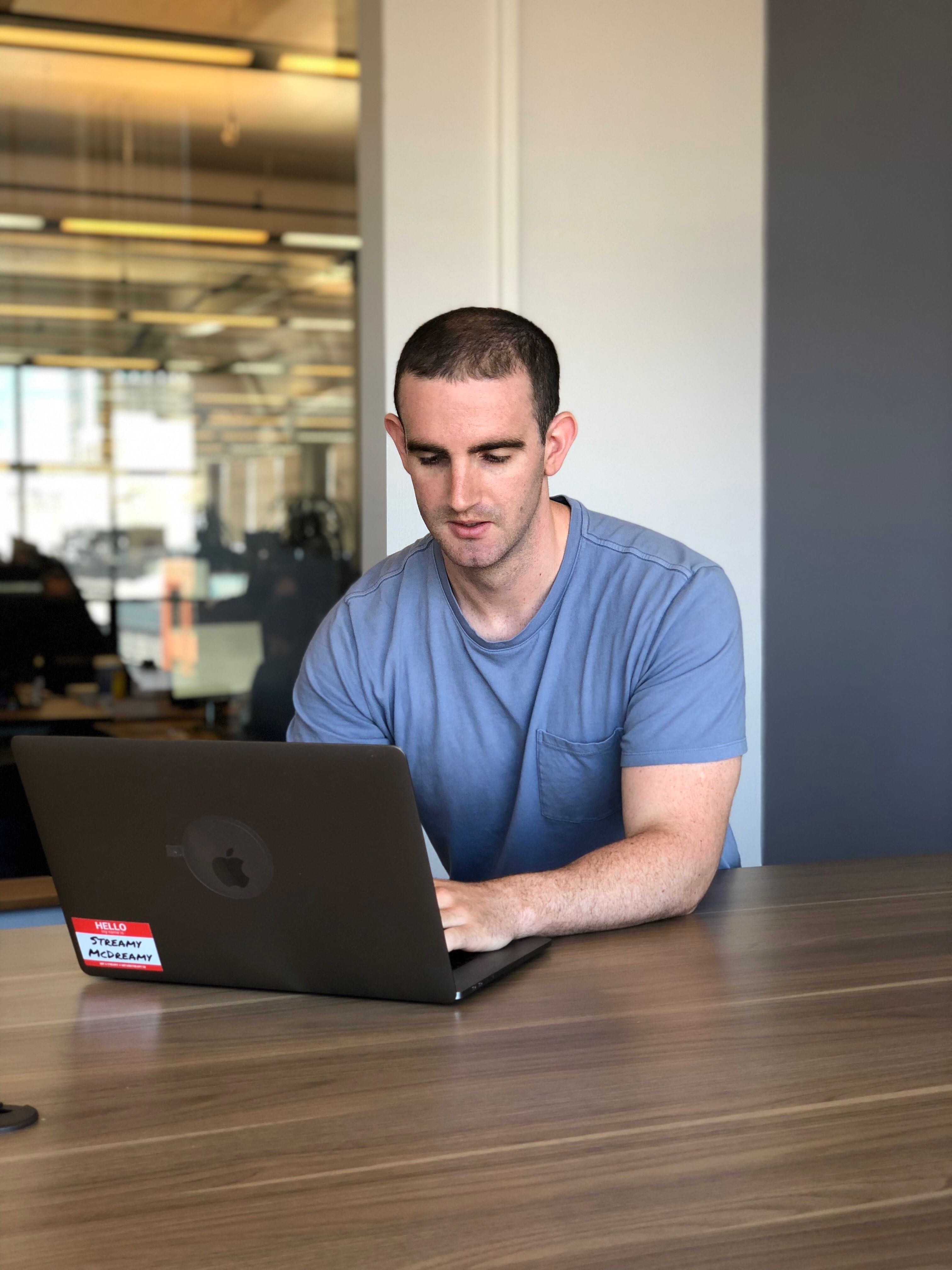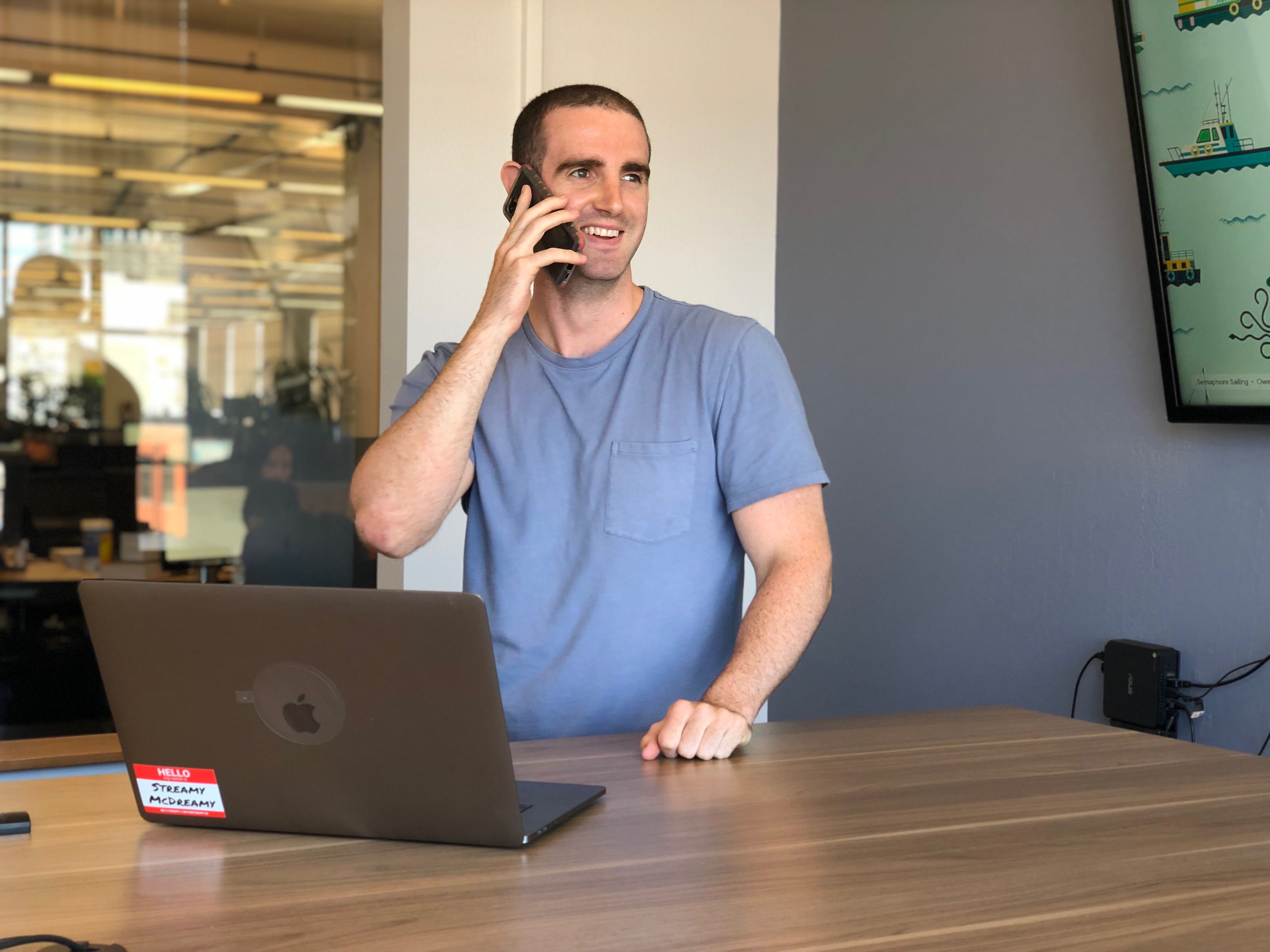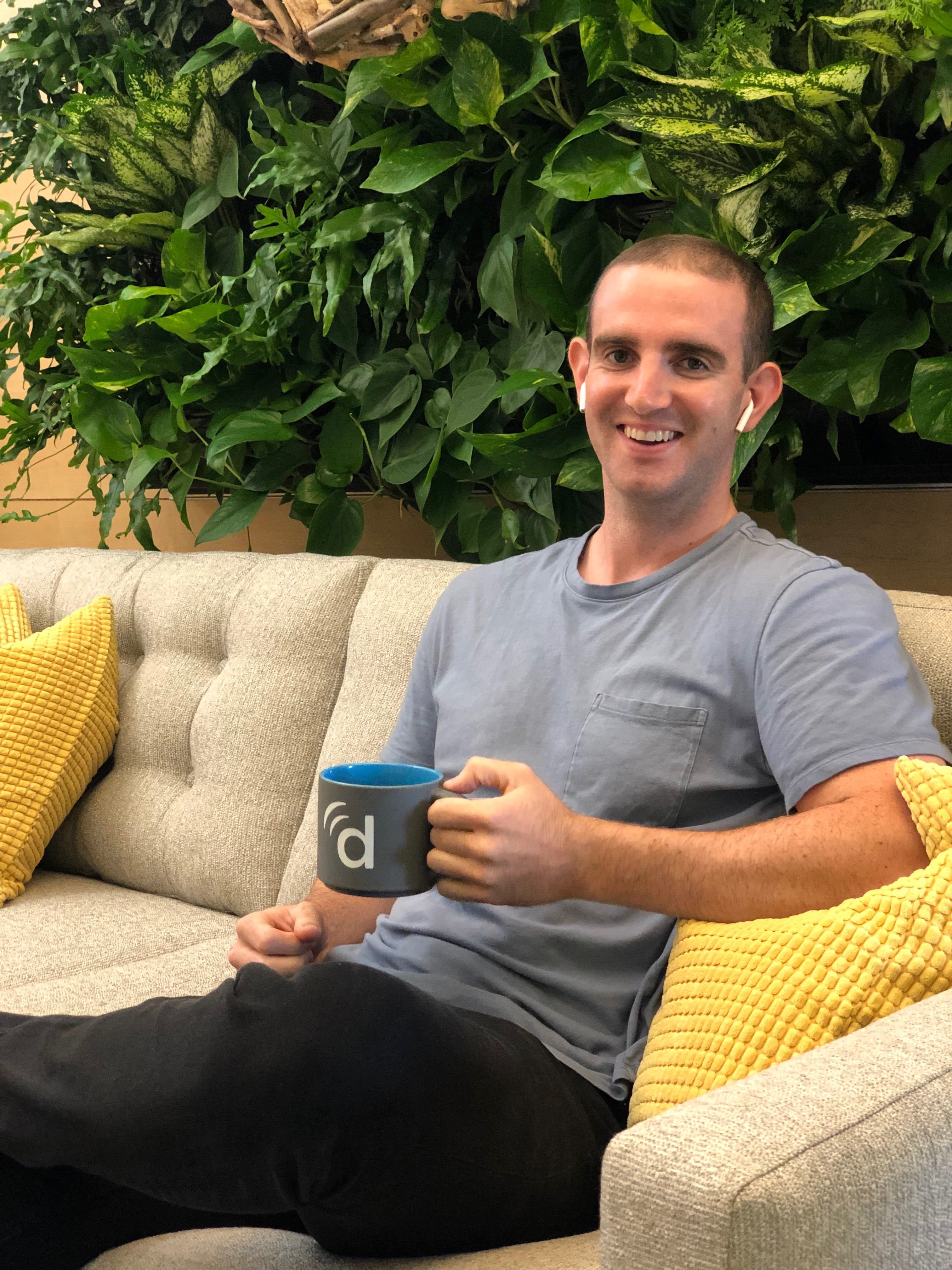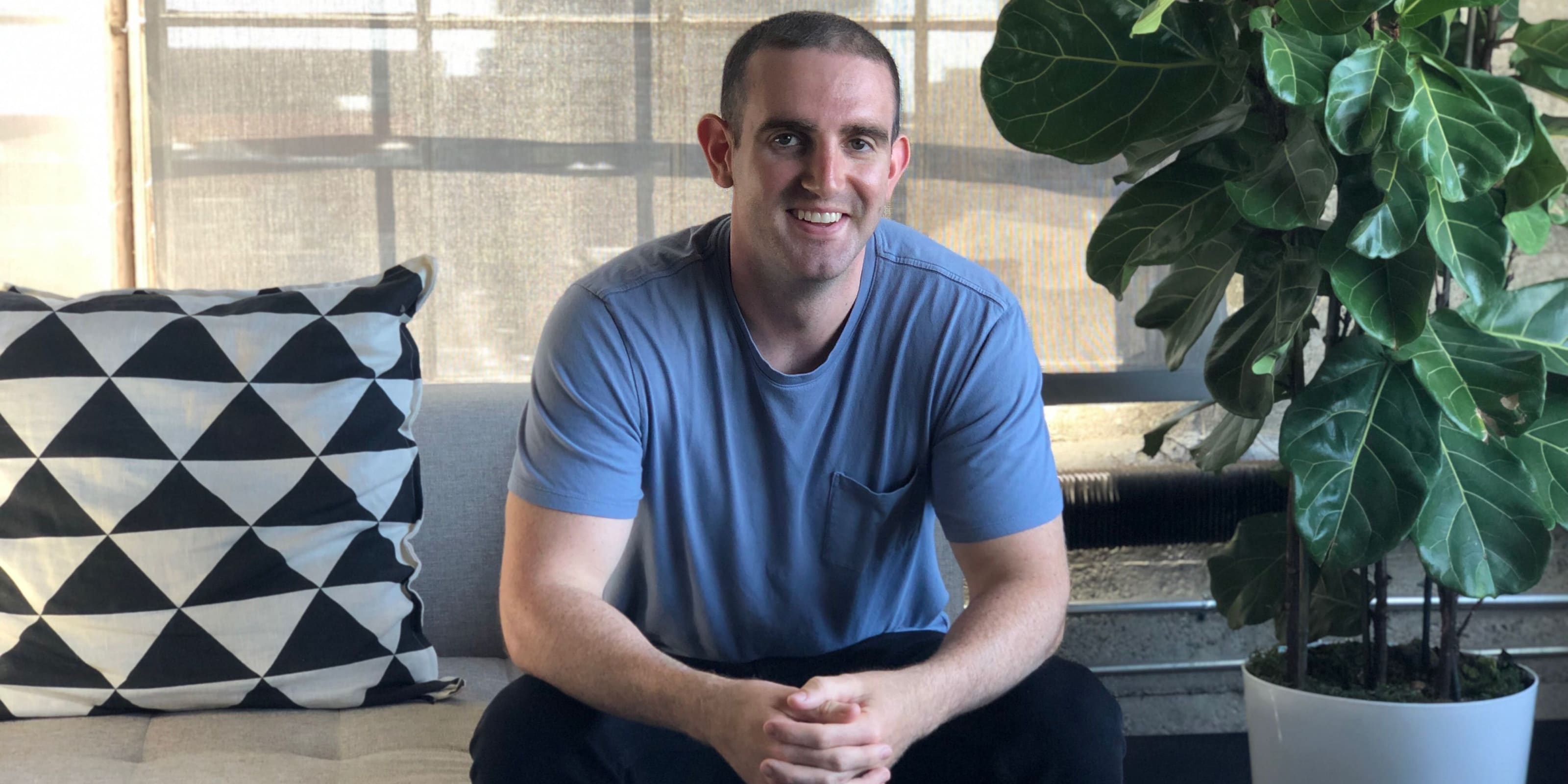The Dox Spotlight is a series that highlights the hard work of Doximity employees as they continue to build time-saving tools for the largest professional medical network in the U.S. This week, we interviewed Data Analyst, Chris Frame.
Q: How long have you been at Doximity?
A: It’s been a little over two years now.
Q: At Doximity, we love to share new hire fun facts. Do you remember what your fun fact was, when you joined the team?
A: Yes! I'm a huge science fiction fan and one of my favorite books is Dune, by Frank Herbert.
Q: What attracted you to work at Doximity?
A: Data is at the core of Doximity’s product. You can't really have a successful network without a significant data effort to understand your users and cater to them. I knew that my work here was going to be impactful.
In addition, I believe in Doximity’s mission to connect clinicians. My mom is a neonatal nurse, so I grew up hearing about the technology challenges she and her colleagues faced working in healthcare. Doximity is building useful tools that help clinicians be more productive day-to-day, so working here is something I can feel good about.
Q: So, tell me more about what does it mean to be a data analyst at Doximity.
A: The term “data analyst” gets thrown around a lot. It means something different at every company. At Doximity, it means doing a bit of everything but specializing in your interests. My work ranges from product focused analysis and split testing to data engineering and modeling. My managers have always been really supportive of me finding new projects that I think are interesting. It is a pretty flexible team, I've had fellow data analysts become interested in data science or data engineering and were able to grow their careers in that direction at Doximity.
Q: What is the data team like at Doximity?
A: Teams of data analysts, engineers, and scientists work with data-focused product managers to support various product teams. However, we still have a really cohesive integrated group with its own identity as the “data team.” We learn from each other and enjoy sharing experiences. For example, we do data team ‘lunch and learns’ and happy hours to ensure everyone gets to know each other well-- which I think is a major strength here at Doximity. I'm constantly messaging our data team Slack channel for advice and I've had a lot of problems get solved just from collaborating with other team members.
Q: You are on the network data team. What does your team specialize in and what type of projects are you working on?
A: The network team builds data products to help create and strengthen connections on Doximity.
Some things that I've worked on were colleague recommendations, which is recognized by users as “people you may know.” So, trying to connect medical professionals to other medical professionals that they know through work, school, or meeting at conferences. We also send out updates to users based on their network. So, keeping users up to date on the topics and people that they care most about. We try to use data (social network, interests, education, etc) to deliver a great, personalized experience for all 1.3 million unique medical professionals.

Q: What’s a project you are currently working on that you're excited about?
A: I'm really excited about the split testing that we're building up. We've spent a lot of time laying the data foundation and now, we're able to run a lot of tests and make some pretty impactful updates to our product.
One example would be the network update email, which sends all of our network updates to relevant users. That email has many levers that we can pull on, such as who we're sending to, how frequently we send it, what the content of the email is, analyzing how user behavior changes after receiving certain emails, etc. Then we try to understand how it fits into the overall ecosystem of Doximity's network.

Q: When you look back on the past two years, what would be the one accomplishment you are particularly proud of?
A: I think that the project that I'm most proud of was revamping the People You May Know feature. Connecting users is at the core of what a network does and with 1.3 million medical professionals, there are a lot of ways that users can be connected. I spent a lot of time feature engineering to determine what predicts how users are going to connect.
And we want to refresh the recommendations on a daily basis to keep recommendations relevant as users grow. Which makes for a fairly complicated problem to try to optimize. I leveraged Spark and used a Kafka cluster to handle the billions of inserts/updates/deletes that need to get processed each week.
Q: What excites you the most about where Doximity is going.
A: Doximity, especially the data team, has been investing a lot in our infrastructure and building automated systems and pipelines so that the amount of manual work has been significantly decreased. I’m most excited for the deep-dive analysis into user behavior and model building. I think that anytime we can make Doximity more personalized and useful for a user is interesting and rewarding. We've laid the foundation and now, we're in a place where we can reap the benefits, which is going to be really fun.
Q: Finally, to maybe impart some wisdom for readers, what would you say your biggest piece of advice is for someone who's maybe looking to get into data?
A: I approach every data project with a couple different steps. The first step is always to get to know my product and talk to my product managers. You need to understand where the product's been and where it's going, what its goals are and where all the data lives. Otherwise, you're going to be working with incomplete or erroneous information. You can’t build good analysis or models on bad data.
Then, once you have that understanding, really try to understand the questions that you should be asking of the data. Just be really curious, dive into a data set, and try to come up with insights that aren't just funny or interesting, but actionable for the team.

